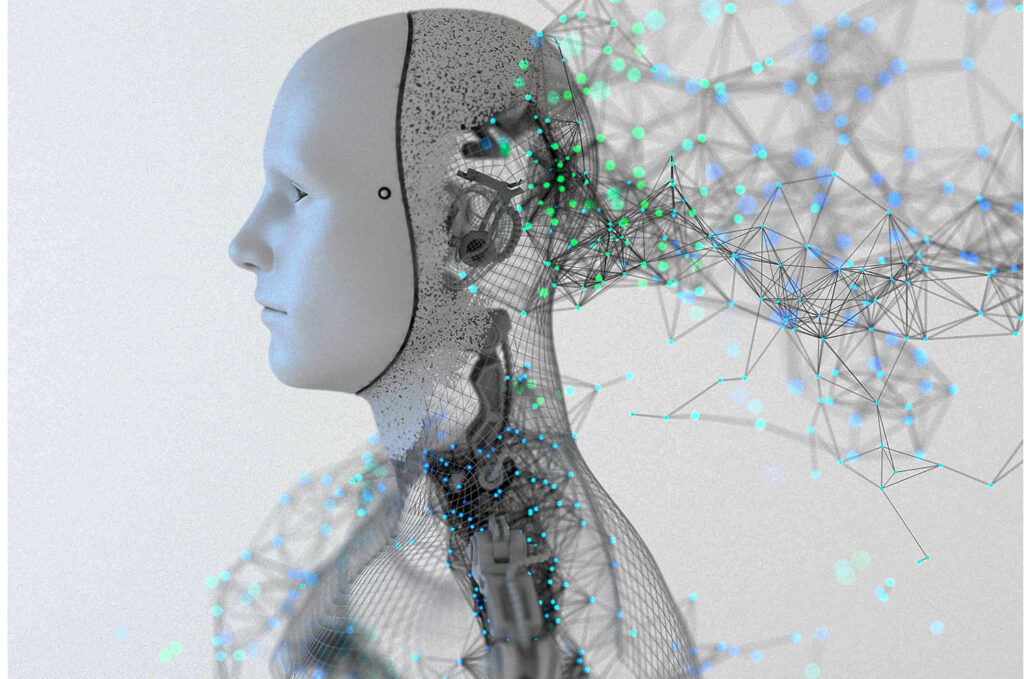Researcher António Branco, professor at the Faculty of Sciences of the University of Lisbon, today criticized the European Union's lack of commitment to new Artificial Intelligence (AI) technologies, preferring to opt only for regulatory solutions.
“We need to be agents of these technologies, of this civilizational movement of transformation” and “not just the guys who say 'we are very rich, we have a lot of money to spend and therefore, now you sell us what we determine'”, he stated , in an interview with Lusa, António Branco, commenting on the lack of investment in this area.
“The United States will continue to innovate, China will continue to copy and Europe will continue to regulate”, said the coordinator of the first major generative Artificial Intelligence model for the Portuguese language.
“Right now, there is no way to cover the sun with a sieve, Europe is completely behind. Without a doubt, it is in the second division of advanced research into artificial intelligence”, stated the researcher, who points to the division of countries and research centers as the main reason.
We are witnessing “an indecision on the part of governments” and “we still don’t see assertive and substantial measures that I think should be happening”, preferring to just “wait for a kind of small OpenAI to appear here in Europe”, in reference to North American company that manages ChatGPT.
But, “as with everything in life, it is not enough to throw money in, the money has to be well organized”, and, “at the moment, Europe is not even trying to organize”. “My feeling is that Europe is divided into many associations and the European Commission is hampered by this game between different associations”, she explained.
On the other hand, “culturally he is also happy with his role of appearing as the avenging angel” who will carry out “legislation and regulation” of the sector, so that they can access the European consumer market.
Now “regulate what others do in our backyard? Okay, but the world is so big”, commented António Branco, who criticizes the EU’s lack of political will.
Regarding the near future, António Branco hopes that AI will reinforce its integration “in mass consumer products”, whether at work or in productivity tools.
“From the point of view of technological advancement, we will continue to be surprised in multimodality, in combined processing of language, images and sounds”, highlighted the AI specialist.
“Nowadays we can generate an image through a description and this will also start to happen in videos: we give a description and it generates a video, which corresponds to that description and vice versa”, he exemplified.
It will also be possible to “edit images and videos just for conversations”, reducing or summarizing content in text but also on other platforms, he added.



















Comments